February 4 is the 35th day of the year in the Gregorian calendar.
National Homemade Soup Day
National Stuffed Mushroom Day
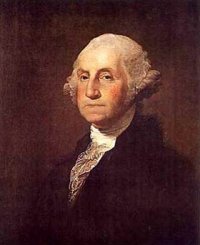 On February 4, 1789 George Washington was unanimously elected as the first President of the United States by the U.S. Electoral College.
On February 4, 1789 George Washington was unanimously elected as the first President of the United States by the U.S. Electoral College.
In 1794 the French legislature abolished slavery throughout all territories of the French Republic. Slavery was reestablished in the French West Indies in 1802.
1846 – The first Mormon pioneers made their exodus from Nauvoo, Illinois, westward towards Utah Territory. In late 1839, Mormons bought the small town of Commerce and in April 1840 it was renamed Nauvoo by Joseph Smith, who led the Latter Day Saints, to escape religious persecution in Missouri.
After Joseph Smith’s death in 1844, continuing violence from surrounding non-Mormons forced most Latter-Day Saints to leave Nauvoo. Most of these refugees, led by Brigham Young, eventually emigrated to the Great Salt Lake Valley.
American Civil War (1861): In Montgomery, Alabama, delegates from six break-away U.S. states met and formed the Confederate States of America.
Birthday of Charles Augustus Lindbergh (February 4, 1902), American aviator who flew solo across the Atlantic in 1927.
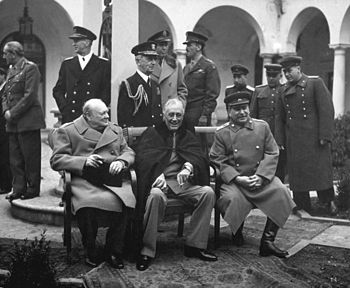 World War II: The Yalta Conference between the “Big Three” (Churchill, Roosevelt, and Stalin) opened at the Livadia Palace in the Crimea on February 4, 1945. Roosevelt died two months later.
World War II: The Yalta Conference between the “Big Three” (Churchill, Roosevelt, and Stalin) opened at the Livadia Palace in the Crimea on February 4, 1945. Roosevelt died two months later.
1992 – A coup d’état was led by Hugo Chávez against Venezuelan President Carlos Andrés Pérez.
Facebook, a mainstream online social networking site, was founded by Mark Zuckerberg in 2004.

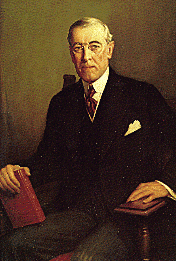 1924-Death of
1924-Death of 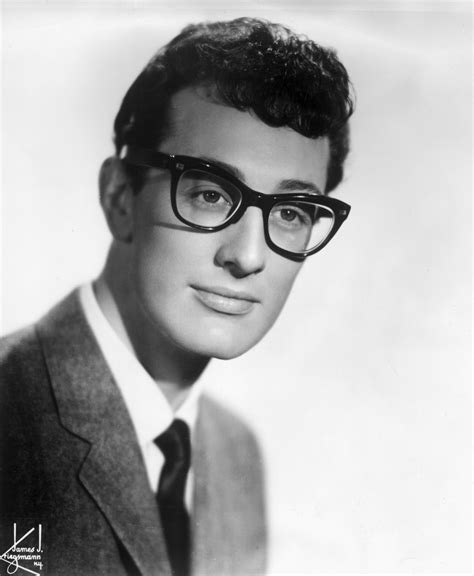
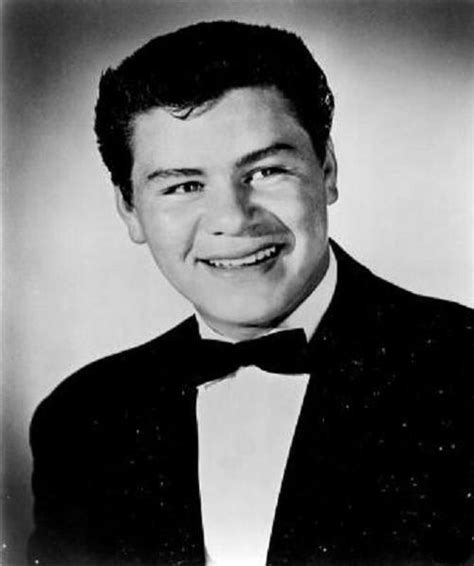
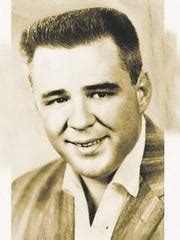
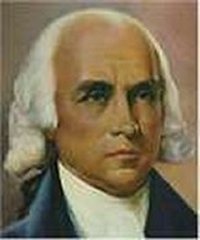 Publication of
Publication of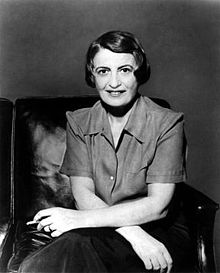 Birthday of Ayn Rand (February 2, 1905), (born Alisa Zinov’yevna Rosenbaum), Russian-American author and philosopher, founder of Objectivism. Authored “Atlas Shrugged” and “The Fountainhead”.
Birthday of Ayn Rand (February 2, 1905), (born Alisa Zinov’yevna Rosenbaum), Russian-American author and philosopher, founder of Objectivism. Authored “Atlas Shrugged” and “The Fountainhead”. February 1, 1979 – Convicted bank robber, Patty Hearst, was released from prison after her sentence was commuted by President Jimmy Carter.
February 1, 1979 – Convicted bank robber, Patty Hearst, was released from prison after her sentence was commuted by President Jimmy Carter.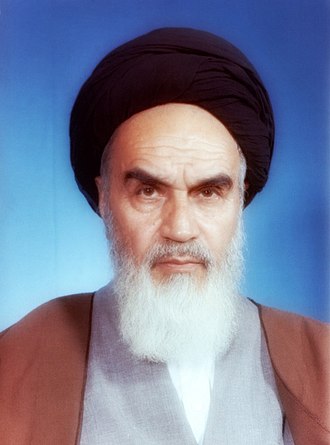 February 1, 1979 – The Ayatollah Ruhollah Khomeini returned to Tehran, Iran after nearly 15 years of exile.
February 1, 1979 – The Ayatollah Ruhollah Khomeini returned to Tehran, Iran after nearly 15 years of exile.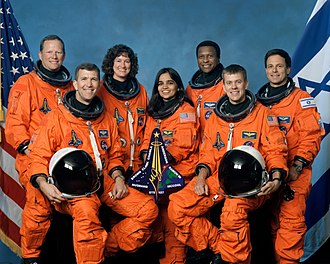 February 1, 2003 –
February 1, 2003 –  It is also the month of Saint Valentine’s Day!
It is also the month of Saint Valentine’s Day!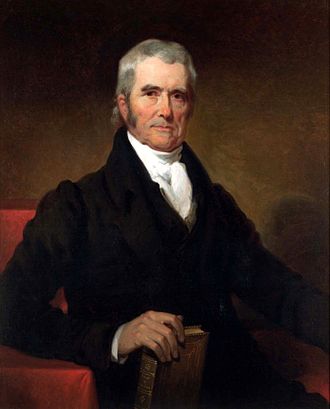 1801 – John Marshall was appointed the Chief Justice of the United States.
1801 – John Marshall was appointed the Chief Justice of the United States.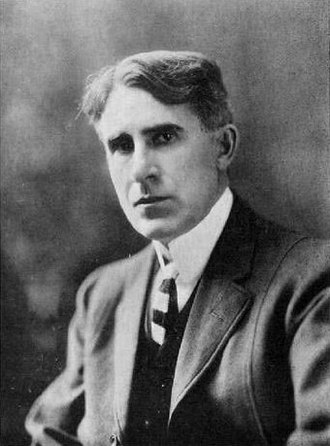 Birthday of Zane Grey (January 31, 1872), American Western writer
Birthday of Zane Grey (January 31, 1872), American Western writer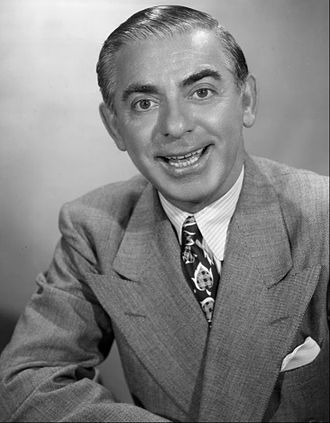 Birthday of Eddie Cantor (born Edward Israel Iskowitz), (1892), American comedian, performer, dancer, singer, actor and songwriter.
Birthday of Eddie Cantor (born Edward Israel Iskowitz), (1892), American comedian, performer, dancer, singer, actor and songwriter. 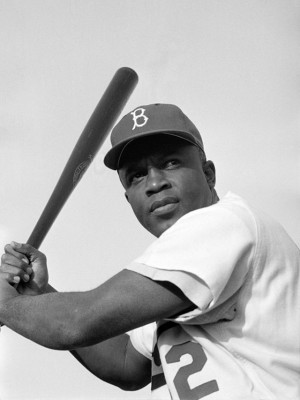 Birthday of Jackie Robinson (January 31, 1919), First black man to play in Major League Baseball.
Birthday of Jackie Robinson (January 31, 1919), First black man to play in Major League Baseball.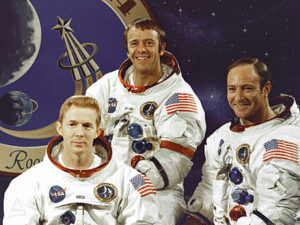 1971 Astronauts Alan B. Shepard Jr., Edgar D. Mitchell and Stuart A. Roosa blasted off aboard Apollo 14 on the third successful manned mission to the moon.
1971 Astronauts Alan B. Shepard Jr., Edgar D. Mitchell and Stuart A. Roosa blasted off aboard Apollo 14 on the third successful manned mission to the moon.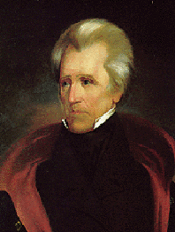 1835 – In the first assassination attempt against a President of the United States, Richard Lawrence, an unemployed house-painter from England, attempted to shoot President Andrew Jackson, but failed and was subdued by a crowd, including several congressmen. He aimed a pistol at Jackson, which misfired. Lawrence pulled out a second pistol, which also misfired. Historians believe the humid weather contributed to the double misfiring. Lawrence was restrained, and legend says that Jackson attacked Lawrence with his cane. Others present, including David Crockett, restrained and disarmed Lawrence.
1835 – In the first assassination attempt against a President of the United States, Richard Lawrence, an unemployed house-painter from England, attempted to shoot President Andrew Jackson, but failed and was subdued by a crowd, including several congressmen. He aimed a pistol at Jackson, which misfired. Lawrence pulled out a second pistol, which also misfired. Historians believe the humid weather contributed to the double misfiring. Lawrence was restrained, and legend says that Jackson attacked Lawrence with his cane. Others present, including David Crockett, restrained and disarmed Lawrence.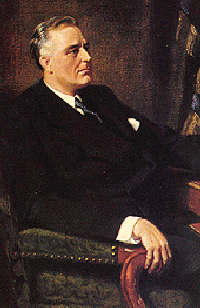 Birthday of Franklin Delano Roosevelt (January 30, 1882), thirty-second president of the United States
Birthday of Franklin Delano Roosevelt (January 30, 1882), thirty-second president of the United States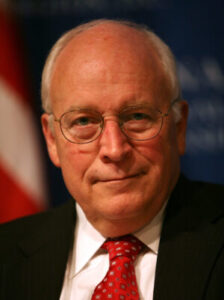 Birthday of Richard Bruce (Dick) Cheney (January 30, 1941), vice-president during the administration of George W. Bush (2001-2009).
Birthday of Richard Bruce (Dick) Cheney (January 30, 1941), vice-president during the administration of George W. Bush (2001-2009).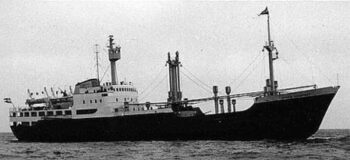 1959 – Danish liner, MS Hans Hedtoft, said to be the safest ship afloat and “unsinkable” like the RMS Titanic, struck an iceberg on her maiden voyage and sank, killing all 95 aboard.
1959 – Danish liner, MS Hans Hedtoft, said to be the safest ship afloat and “unsinkable” like the RMS Titanic, struck an iceberg on her maiden voyage and sank, killing all 95 aboard.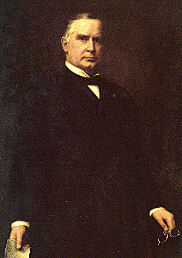 Birthday of William McKinley (January 29, 1843), twenty-fifth president of the United States.
Birthday of William McKinley (January 29, 1843), twenty-fifth president of the United States.
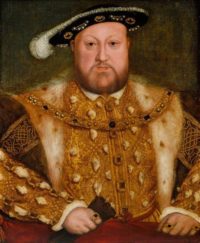 Henry VII was born on Jan 28, 1457.
Henry VII was born on Jan 28, 1457.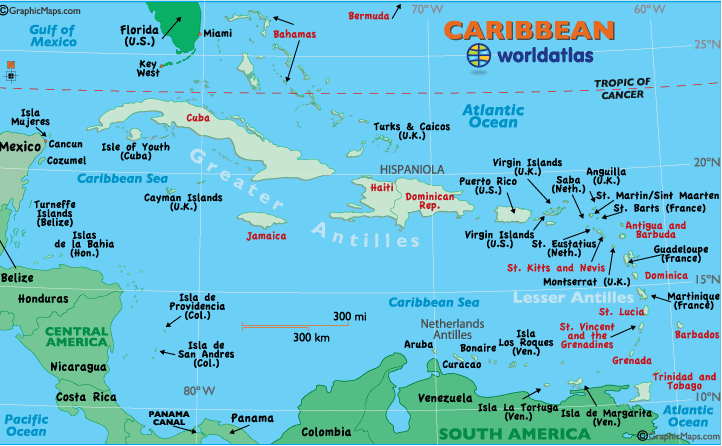 1624 – Sir Thomas Warner founded the first British colony in the Caribbean, on the Island of Saint Kitts.
1624 – Sir Thomas Warner founded the first British colony in the Caribbean, on the Island of Saint Kitts.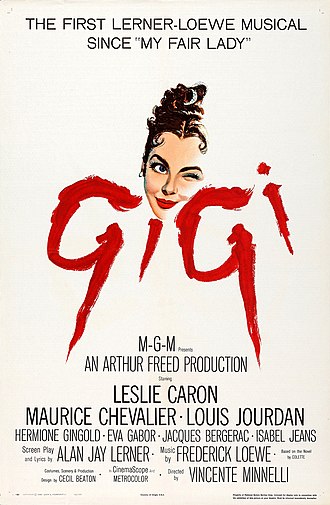 Birthday of (Sidonie-Gabrielle) Colette (January 28, 1873), French writer of “Gigi” It was made into a movie in 1958 starring Leslie Caron, Louis Jourdan, Maurice Chevalier, and Hermione Gingold and featuring songs “Thank Heaven for Little Girls” and “I’m Glad I’m Not Young Anymore”.
Birthday of (Sidonie-Gabrielle) Colette (January 28, 1873), French writer of “Gigi” It was made into a movie in 1958 starring Leslie Caron, Louis Jourdan, Maurice Chevalier, and Hermione Gingold and featuring songs “Thank Heaven for Little Girls” and “I’m Glad I’m Not Young Anymore”.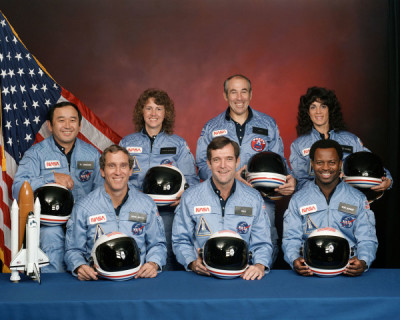 On Jan. 28, 1986, space shuttle Challenger exploded 73 seconds after liftoff from Cape Canaveral, killing all seven crew members. (front row) Michael J. Smith, Dick Scobee, Ronald McNair; (back row) Ellison Onizuka, Christa McAuliffe, Gregory Jarvis, Judith Resnik.
On Jan. 28, 1986, space shuttle Challenger exploded 73 seconds after liftoff from Cape Canaveral, killing all seven crew members. (front row) Michael J. Smith, Dick Scobee, Ronald McNair; (back row) Ellison Onizuka, Christa McAuliffe, Gregory Jarvis, Judith Resnik.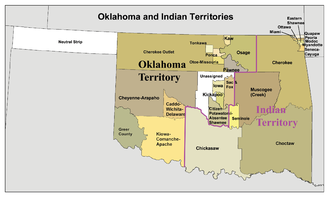 In 1825 the U.S. Congress approved
In 1825 the U.S. Congress approved 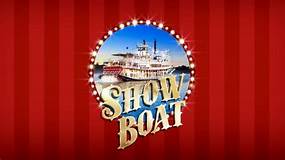 Birthday of Jerome Kern (January 27, 1885), American composer who wrote the score for the musical version of Edna Ferber’s novel “Show Boat“. The lyrics were written by Oscar Hammerstein II. Songs included “Ole Man River” and “Make Believe“. Show Boat was made into a movie three times: 1929 starring Laura LaPlante (a semi “talkie” movie”); 1936 starring Irene Dunne; and 1951 starring Kathryn Grayson and Howard Keel.
Birthday of Jerome Kern (January 27, 1885), American composer who wrote the score for the musical version of Edna Ferber’s novel “Show Boat“. The lyrics were written by Oscar Hammerstein II. Songs included “Ole Man River” and “Make Believe“. Show Boat was made into a movie three times: 1929 starring Laura LaPlante (a semi “talkie” movie”); 1936 starring Irene Dunne; and 1951 starring Kathryn Grayson and Howard Keel.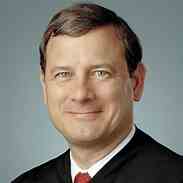 Birthday of John Roberts (January 27, 1955), Chief Justice of the Supreme Court, nominated by President George W Bush.
Birthday of John Roberts (January 27, 1955), Chief Justice of the Supreme Court, nominated by President George W Bush.